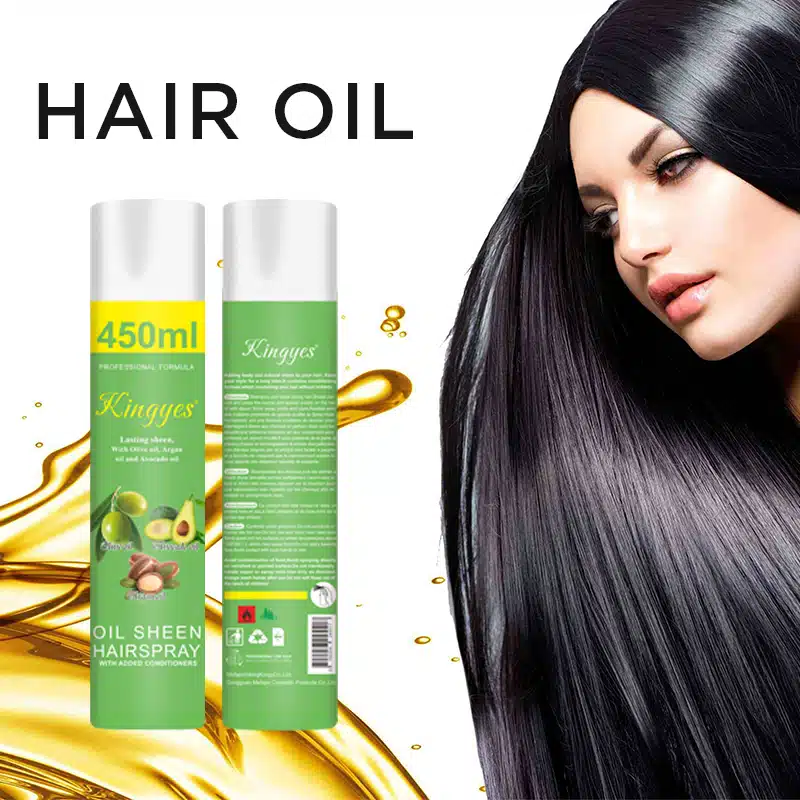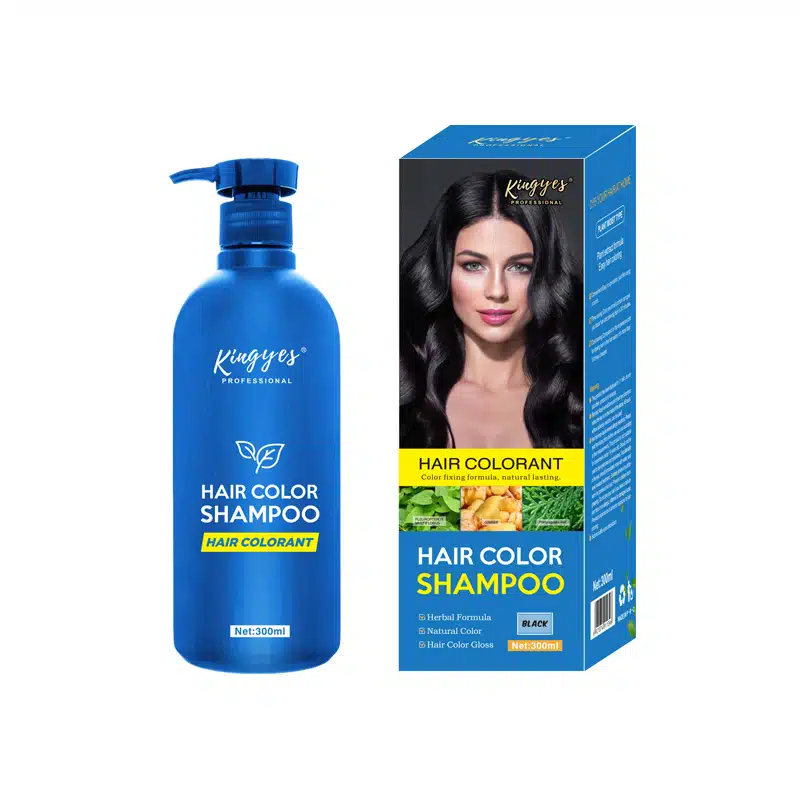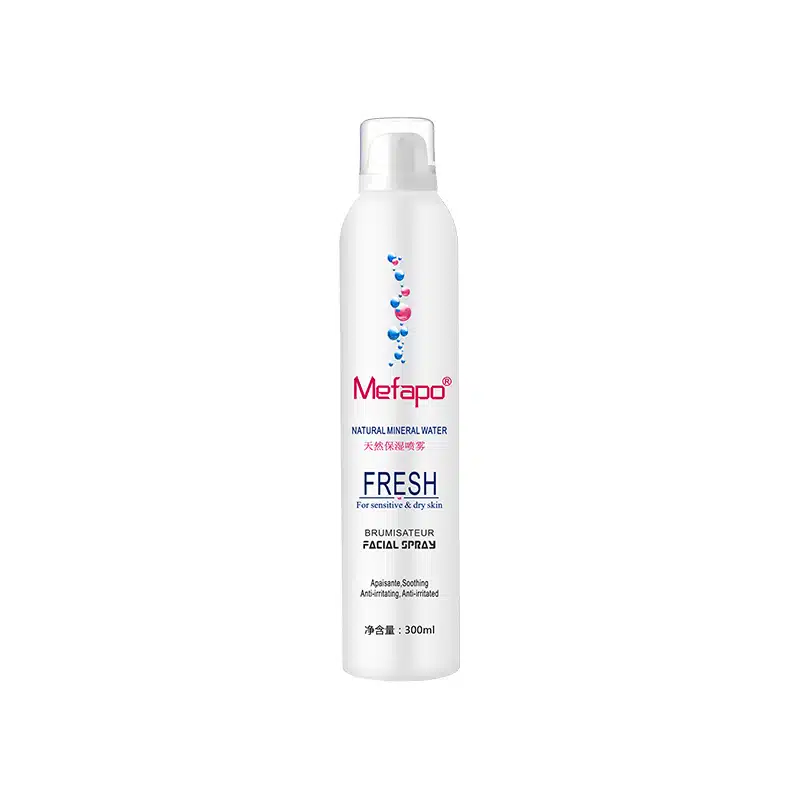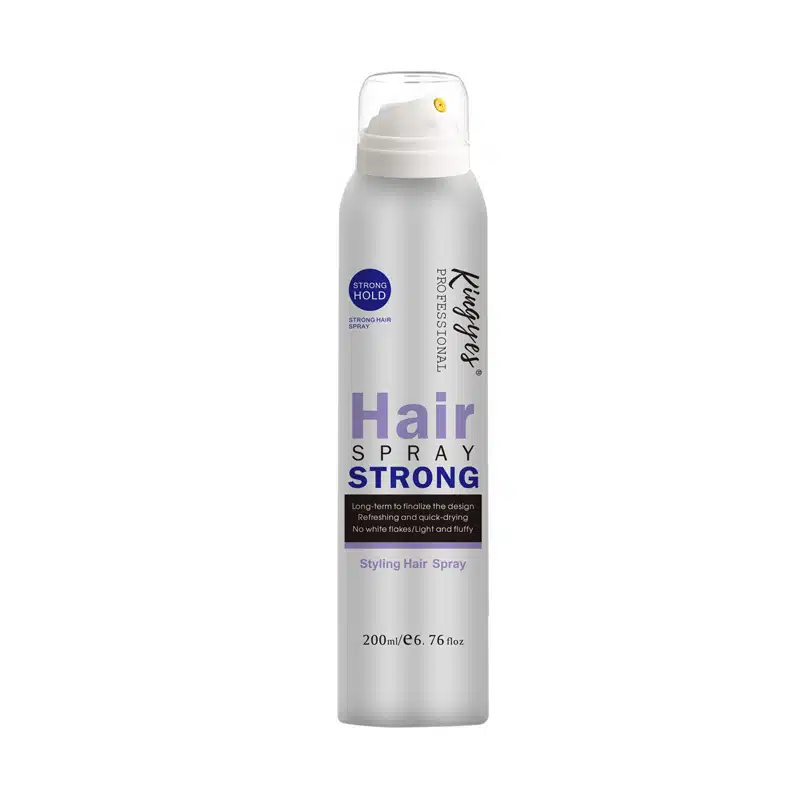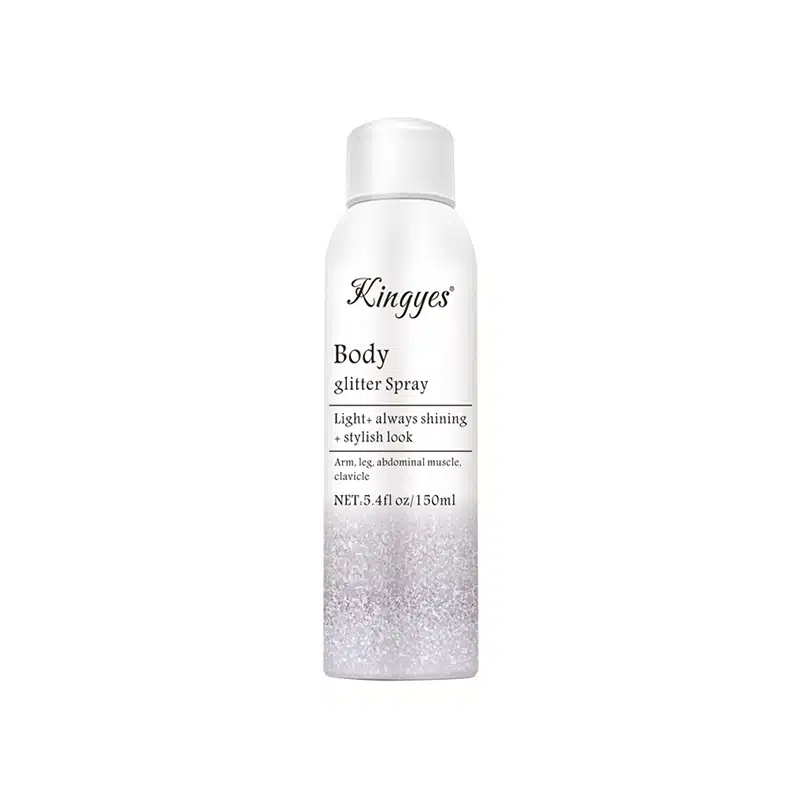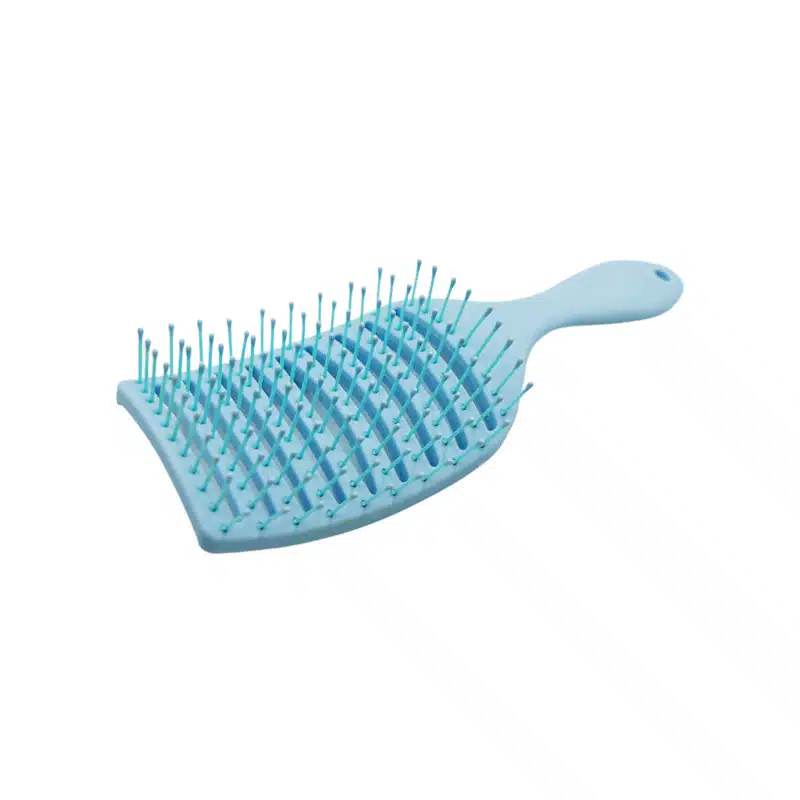
Quando usare l'olio per capelli?
Indice dei contenuti
Whether you’re looking to tame frizz, add shine, or repair damaged hair, the right hair oil can make all the difference. But, when is the best time to use hair oil for optimal results? In this guide, we’ll explore the different types of hair oils available, the ideal times to apply them, and how they can work wonders for various hair types. If you’re struggling with dry hair, frizz, or just want a smoother, healthier mane, read on to discover the perfect hair oil routine for you.
Why Should You Use Hair Oil?
Hair oil is more than just a cosmetic product; it’s a vital treatment that can transform your hair’s texture, appearance, and health. The primary benefits of using hair oil include nourishing the hair, hydrating dry strands, and adding shine e smoothness. Many oils, such as argan oil, castor oil, e coconut oil, are rich in nutrients that penetrate the hair cuticle and repair damage from heat-styling, environmental stress, and chemical treatments.
When used correctly, hair oil can help you achieve soft, manageable hair that feels as good as it looks. But knowing when to apply hair oil is crucial to avoid weighing down your hair or causing excess buildup. In the next sections, we’ll break down the best times to incorporate hair oil into your routine and the right type for your hair needs.
What Are the Key Ingredients in Hair Oil?
Understanding the key ingredients in hair oil can help you choose the best option for your hair type. Many oils offer different benefits, from hydrating e moisturizing a strengthening e protecting. Here are some key ingredients you’ll commonly find in nourishing hair oils:
- Olio di Argan: Known for its ability to deeply nourish and hydrate the hair. Argan oil also helps reduce frizz and add shine.
- Castor Oil: This thick oil is great for promoting hair growth e nourishing the scalp.
- Olio di cocco: Excellent for penetrating the hair shaft and providing deep moisture.
- Grapeseed Oil: A lighter option, perfect for those with capelli fini o thin hair that need a weightless formula.
- Olio di jojoba: Known for its ability to mimic the natural oils produced by the scalp, making it great for cuoio capelluto secco and adding shine without the heaviness.
Each ingredient has unique properties that cater to different needs. By understanding these ingredients, you can select the oil that best suits your hair texture and desired outcome.
How Often Should I Apply Hair Oil?
One of the most common questions regarding hair oil is: how often should it be applied? The frequency depends on your tipo di capelli, texture, e concerns. Here’s a general guide:
- For Dry Hair: Se avete capelli secchi, it’s recommended to use hair oil every time you wash your hair. Applying it while the hair is still damp can help seal in moisture.
- Per capelli fini: Se avete capelli fini, you may want to use hair oil sparingly. A small amount can help prevent flyaways and add smoothness without weighing down the hair.
- For Thick or Coarse Hair: You may benefit from using hair oil more frequently, especially to idrato e nourish the hair, as thick hair tends to absorb more oil.
- Per capelli trattati con il colore: If your hair is color-treated, hair oil can help to restore moisture, prevent damage, e maintain hair health. Applying a nourishing hair oil come Moroccanoil treatment is an excellent choice for damaged hair.
In general, applying hair oil 2–3 times a week works well for most hair types. However, feel free to adjust based on how your hair feels and its specific needs.
Is Hair Oil Suitable for All Hair Types?
Hair oil is versatile, but it’s important to know if it’s right for your specific tipo di capelli. Here’s a breakdown of how different types of hair can benefit from hair oil:
- Capelli fini: Se avete capelli fini, choose a weightless o lightweight hair oil, such as Verb Ghost Weightless Hair Oil o Gisou Honey Infused Hair Oil. These oils will provide hydration without leaving hair greasy or weighed down.
- Coarse or Thick Hair: Per thick o coarse hair, heavier oils like castor oil o moroccanoil treatment original can offer the nourishment and moisture needed to manage frizz and add smoothness.
- Capelli trattati con il colore: Color-treated hair is often more prone to dryness and damage. A nourishing oil blend with argan oil, jojoba oil, o rosemary oil can help keep your strands healthy and shiny.
No matter your hair type, there is a hair oil that can work wonders for you. Selecting the right oil based on your hair’s specific needs is the key to getting the most out of this hair treatment.
How to Use Hair Oil for Dry Hair
Se avete capelli secchi, hair oil can be a game changer. Applying it to capelli umidi after washing is one of the most effective ways to lock in moisture and prevent dryness. Here’s how to use hair oil for capelli secchi:
- After Shampooing: Apply a few drops of hair oil to your damp hair before you start styling. This helps infuse moisture into each strand and keeps your hair hydrated.
- Mid-Length to Ends: Focus the application on the ends of your hair where it tends to be drier and more prone to split ends. Avoid applying too much oil near the scalp to prevent it from becoming greasy.
- Leave-in or Rinse-Out: You can either leave the oil in as a leave-in treatment or rinse it out after a few minutes for a lighter feel.
Utilizzo nourishing hair oil on dry hair is a great way to smooth frizz and add shine to dull strands, giving them a healthy, shiny finish.
Should I Use Hair Oil on My Scalp?
Applicazione hair oil al vostro cuoio capelluto can help improve its health by providing hydration and stimulating hair growth. Oils like castor oil e jojoba oil are excellent for nourishing the scalp, while tea tree oil is great for treating dandruff. Here’s when you should use hair oil on your scalp:
- Dry Scalp: If you have a cuoio capelluto secco, applying hair oil can help restore moisture and balance. Gently massage the oil into your scalp before washing for a soothing, hydrating treatment.
- Crescita dei capelli: Oils like castor oil e rosemary oil are often used to promote crescita dei capelli by stimulating the scalp and improving circulation.
- Scalp Treatment: For a deep scalp treatment, leave the oil on for 20–30 minutes before washing it out with shampoo.
Using oil on your scalp can address issues like dandruff, itchiness, e dryness, leaving your scalp feeling nourished and your hair growing stronger.
What’s the Difference Between Heavy and Lightweight Hair Oils?
Scegliere tra un heavy o leggero oil depends on your tipo di capelli e desired effect. Here’s a quick comparison:
- Heavy Oils: These oils are ideal for thick, coarse, o damaged hair. They provide intense moisture and nourishment, making them perfect for treating dry or frizzy hair. Castor oil, coconut oil, e moroccanoil treatment are examples of heavy oils.
- Lightweight Oils: Se avete capelli fini or want a subtle effect, lightweight oils come Verb Ghost Weightless Olio per capelli o Gisou Honey Infused Hair Oil are perfect. These oils hydrate and smooth without weighing hair down or causing excess buildup.
Understanding whether your hair needs a heavy or lightweight oil will help you avoid
Domande frequenti
Can I use hair oil every day?
Yes, you can use hair oil daily, especially if your hair is asciutto o damaged. For capelli fini, use sparingly.Can hair oil be used as a heat protectant?
Certain oils like Moroccanoil e Olaplex No.7 can provide heat-styling protection, reducing heat damage.Does hair oil help with dandruff?
Yes, oils like tea tree oil e rosemary oil can help soothe and hydrate the scalp, reducing dandruff symptoms.Can I apply hair oil to wet hair?
Yes, applying hair oil to capelli umidi helps lock in moisture and protects against damage during styling.
Key Takeaways:
- Choose the right hair oil in base al vostro tipo di capelli e needs.
- Use hair oil regularly for idratazione, controllo del crespo, e repair.
- Light oils are ideal for capelli fini, while heavier oils suit thick o coarse hair.
- Apply hair oil to damp hair for maximum effectiveness.
Commenti

What Do Hair Styling Products Do
I prodotti per lo styling dei capelli sono formulazioni specializzate progettate per modificare, migliorare e mantenere l'acconciatura, soddisfacendo una vasta gamma di tipi di capelli e preferenze di styling.

Qual è la differenza tra un deodorante umido e uno secco?
Vi è mai capitato di trovarvi nella corsia dei deodoranti e di chiedervi che differenza c'è tra un deodorante umido e uno secco?

Lo spray solare è meglio della protezione solare?
Vi siete mai chiesti se la protezione solare spray sia migliore di quella in lozione?
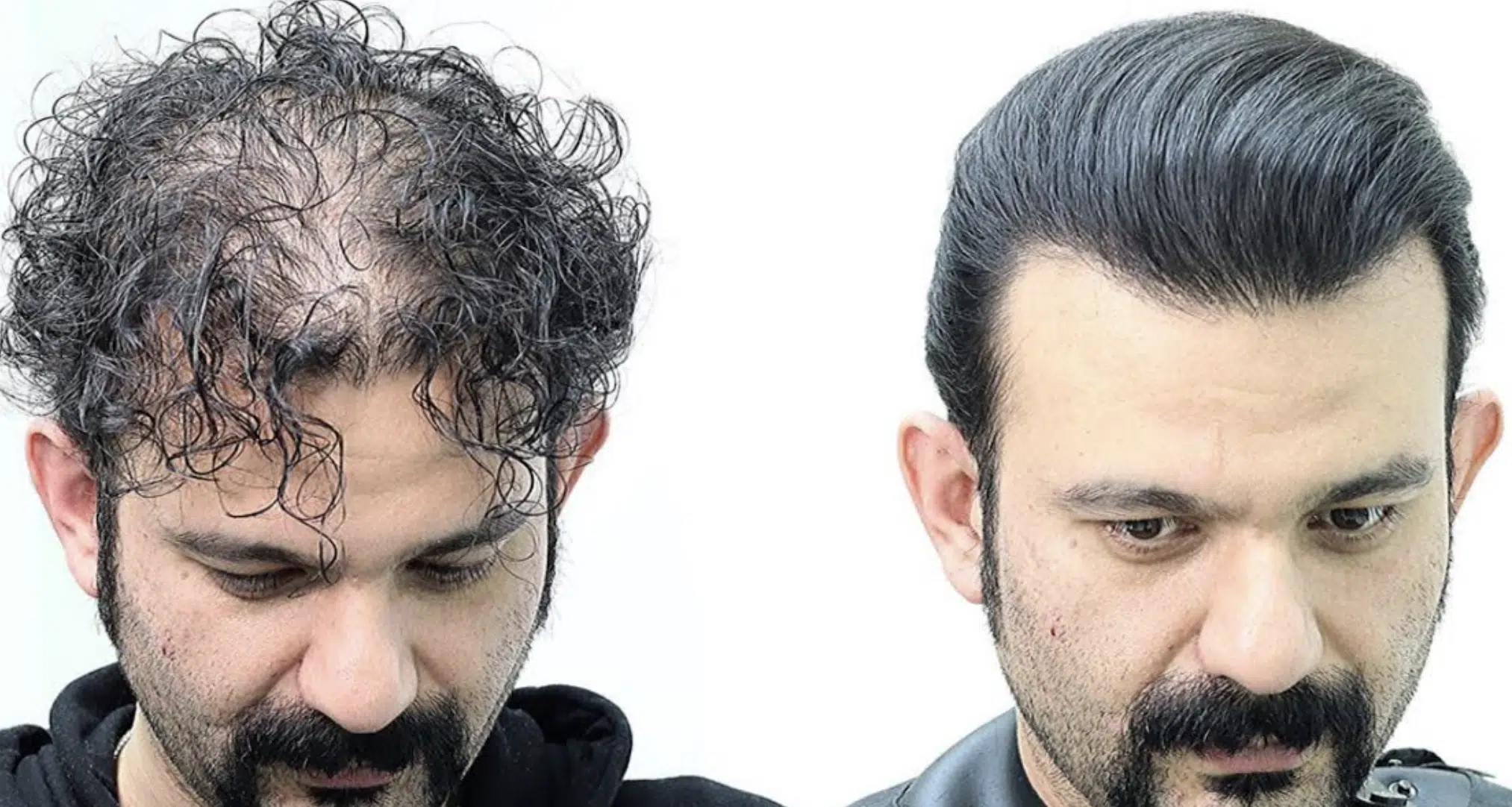
Qual è il miglior spray per capelli in fibra??
Scoprire il giusto spray per capelli può trasformare il vostro aspetto e aumentare la vostra sicurezza.
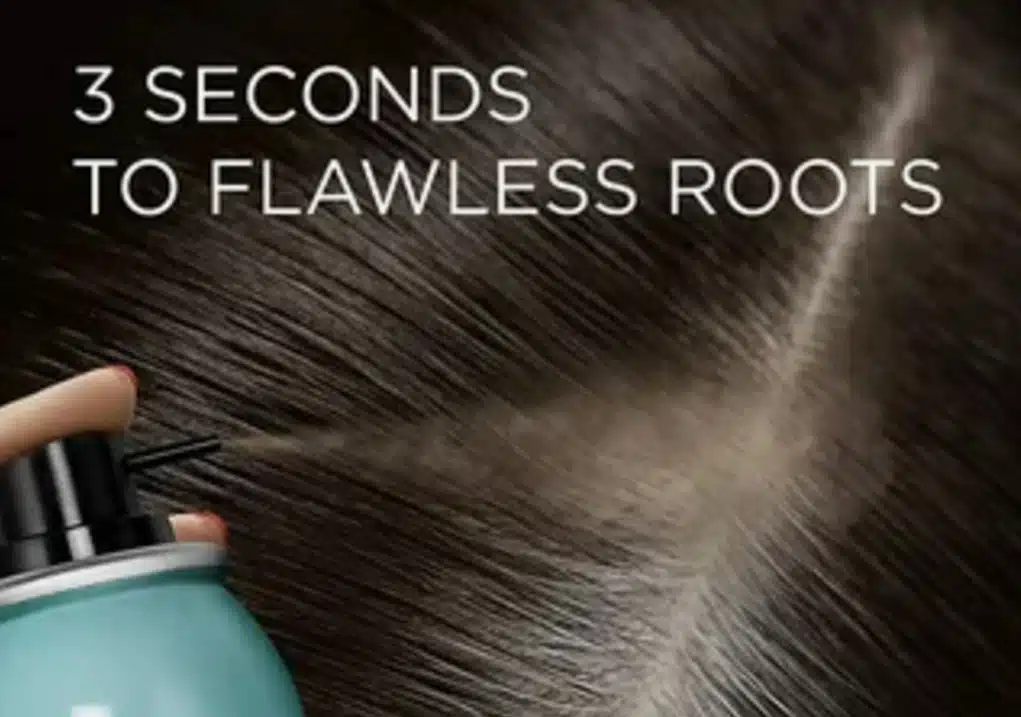
Loreal Root Touch Up contiene ammoniaca?
Siete curiosi di sapere se L'Oréal Paris Magic Root Cover Up contiene ammoniaca?
- +86 151 1839 7303
- [email protected]
- Lun-Dom 07:00-23:00
Tag

What Happens If You Don’t Use Setting Spray?
Setting spray is often lauded as the ultimate secret to a long-lasting, flawless makeup look.

Do I Really Need Setting Spray?
Are you wondering if setting spray is just another hyped-up beauty product, or is it a must-have in your makeup routine?

A cosa serve lo spray fissante?
Vi siete mai chiesti come far durare il vostro trucco tutto il giorno senza sbavature o sbiadimenti?


